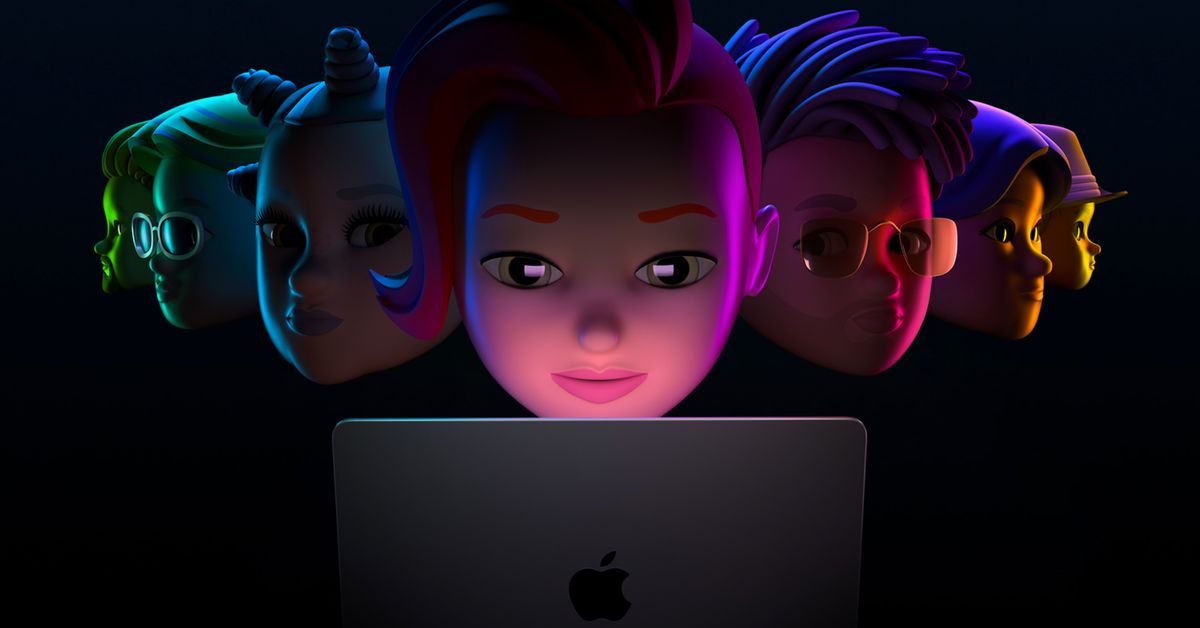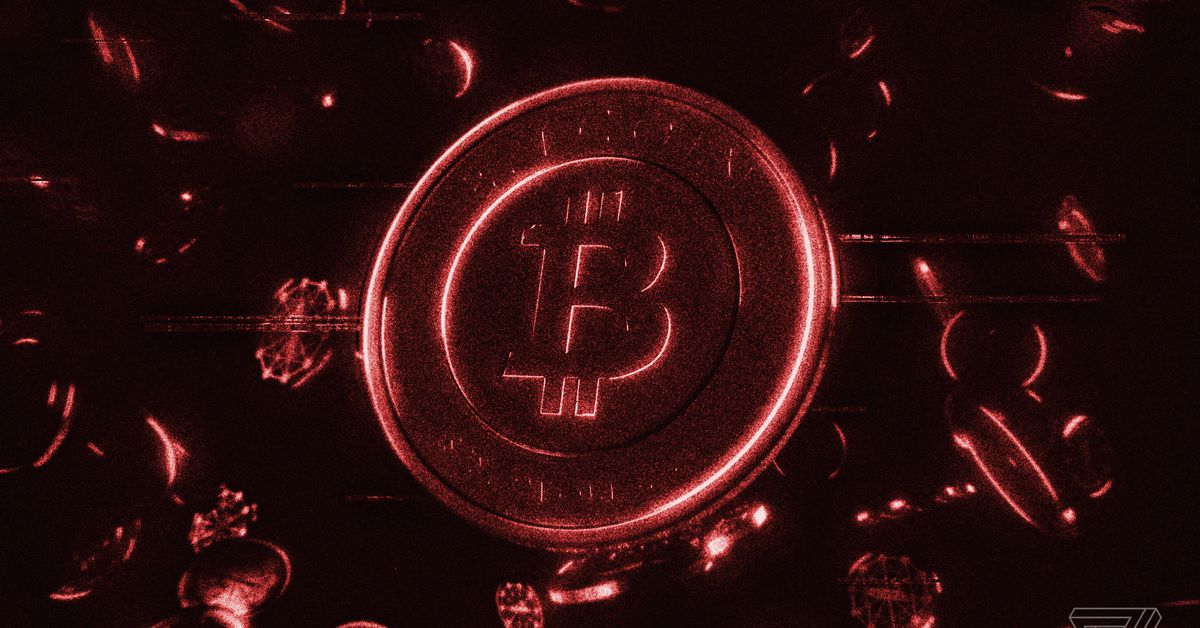
By Radhika Saigal
A futuristic technology ecosystem that thrives on the convergence of physical, augmented and virtual shared spaces has now become a reality with the Metaverse. It is not only enabling users to buy and sell virtual assets but also driving technologies like Virtual Reality (VR) and Augmented Reality (AR) to facilitate transactions in an entirely virtual environment.
More and more consumers across several industries are purchasing virtual assets with real currency in the form of non fungible tokens (NFTs). So what does the future look like? Goldman Sachs has estimated that 33% of the digital economy will shift to the metaverse and it will facilitate 25% market expansion, whereas Gartner predicts that by 2026, 25% of people will spend at least one hour a day in the metaverse for work, shopping, education, social and/or entertainment.
Metaverse property prices rose 700% in 2021, but it isn’t just price speculation that’s driving the increase—it’s the opportunity to monetise virtual land with games, events, and other revenue-producing ideas. Financial services firms are gearing up to provide the required financial support for transactions in metaverse. Metaverse represents opportunities for banks to insure and lend against cryptocurrency, NFTs and virtual real estate. Digital lending start-ups, venture capital and private equity firms are the first to jump on the bandwagon, launching their own metaverse platforms or crypto and blockchain-based platforms, providing mortgage loans against virtual real estate, etc.
Banks are exploring possibilities of providing traditional banking services in the 3D–world, looking to virtualise familiar customer interactions like cash withdrawals, etc. Banks can identify potential customers, onboard them through crypto wallets, and provide payments, lending and custody services.
Metaverse transactions require enhancement in financial infrastructure. Cryptocurrency facilitated by blockchain is going to be the financial backbone for metaverse transactions which will be facilitated by smart contracts. Over the past two years, blockchain technology, particularly with the advent of Web3, has given rise to an entirely new economy that is borderless, secure, fast, decentralised (without intermediaries). At its core, the metaverse is built on the foundations of immersive and decentralised technologies.
Most global banks already offer digital assets/exchange/custody platforms that can be extended to support the requirements of the virtual world. Banks can consider developing their own virtual world platforms, enabling new products and even marketplaces and tying them back to traditional infrastructure.
Ready or not, traditional financial services will need to rise to the opportunities and challenges posed by the new free-market internet-native economy. To make the most of the infinite opportunities that Metaverse presents, it will be crucial for banks and financial institutions to focus on developing the technological competency around Blockchain, AR/VR, adopting a disruptive innovation culture, being truly agile with front to back integrated teams and lastly, co-creating responsibly by leveraging tie-ups and partnerships rather than building on your own.
(The writer is partner – Tech Consulting, EY)


/cdn.vox-cdn.com/uploads/chorus_asset/file/21869417/akrales_200904_4160_0216.0.jpg)



